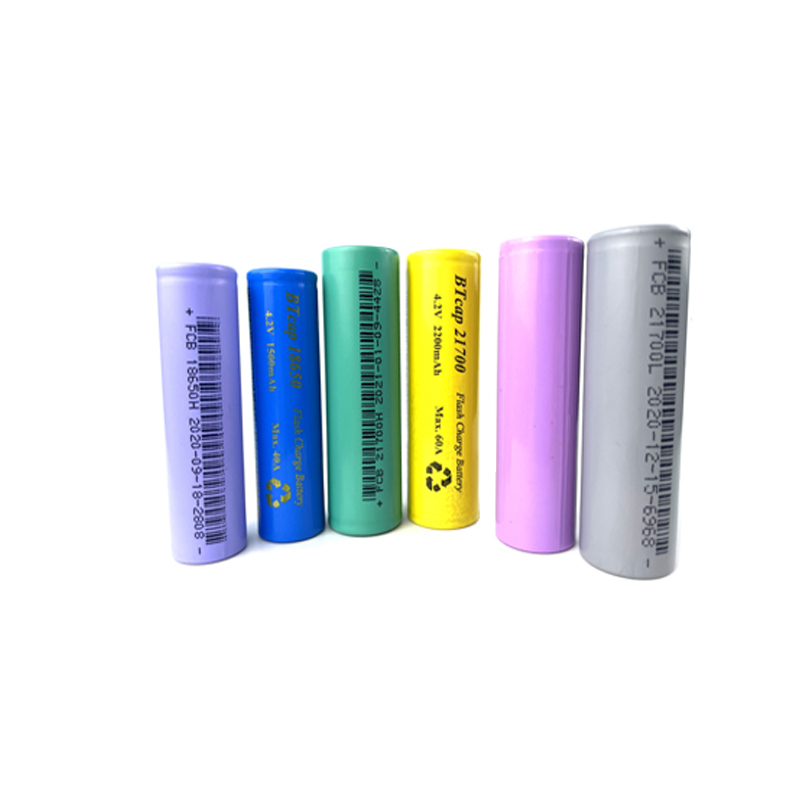Consulting phone:
135-3037-2041
(Mr.Wang)
Comparison of advantages and disadvantages between double-layer capacitors and hybrid supercapacitors
Double layer capacitors (EDLCs), commonly known as supercapacitors or ultra capacitors, are a type of passive energy storage element with astonishing energy. Due to its high capacitance of several faradas and small size, it achieves high-density energy storage for both volume and weight. In applications such as remote sensing, the Internet of Things, and power supply through energy harvesting, supercapacitors are used to replace rechargeable batteries; Sometimes supercapacitors can be used in combination with batteries to overcome some of the weaknesses of electrochemical energy storage components. Supercapacitors are not inherently superior to other batteries, they have their own advantages and disadvantages compared to rechargeable batteries (regardless of their chemical properties). The choice of which component is more suitable depends on the needs of the application, and in some applications, both may be required.
Compared to the method of selecting only one or even two devices as two separate components, there is an interesting alternative called hybrid supercapacitors. This type of energy storage device is not simply packaging a rechargeable battery and a supercapacitor together. On the contrary, it adopts a unique structure where a single component is both a supercapacitor and a lithium-ion battery.
A comparison was made between standard supercapacitors and lithium-ion rechargeable batteries. But please remember that each source and supplier of information has their own unique perspectives, and the technology itself is also rapidly evolving. Although hybrid supercapacitors have obvious advantages, my feelings for hybrid devices and structures are always complex. On the one hand, combining two technologies or materials can often overcome some weaknesses while still retaining their respective advantages. This applies not only to the electronics field, but also to other fields, such as reinforced concrete with steel bars, or carbon fiber reinforced polymer (CFRP) used as the outer layer of next-generation aircraft fuselage and accessories. On the other hand, this combination can sometimes bring new problems. For example, compared to devices optimized for a single purpose, the specifications of multifunctional testing devices may be reduced or their flexibility may be reduced. An example of a non electronic product is the well-known "Swiss Army Knife", where each individual tool may be "good enough" but not comparable to specialized tools. However, its entire blade/accessory and packaging have advantages in size, weight, and cost.
Double layer capacitor
Advantages: 1. Wide working temperature range 2 Small temperature change 3. High power density 4. High safety 5. Long lifespan 6. Commercialized
Disadvantages: 1. Low voltage 2. Low energy density 3. High cost 4. Large self discharge
Hybrid supercapacitor
Advantages: 1. Wide working temperature range 2. High energy density 3. High safety 4. Long lifespan
Disadvantages: 1. Industrialization promotion 2. Large temperature changes 3. Low power density 4. High cost